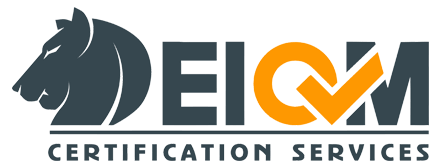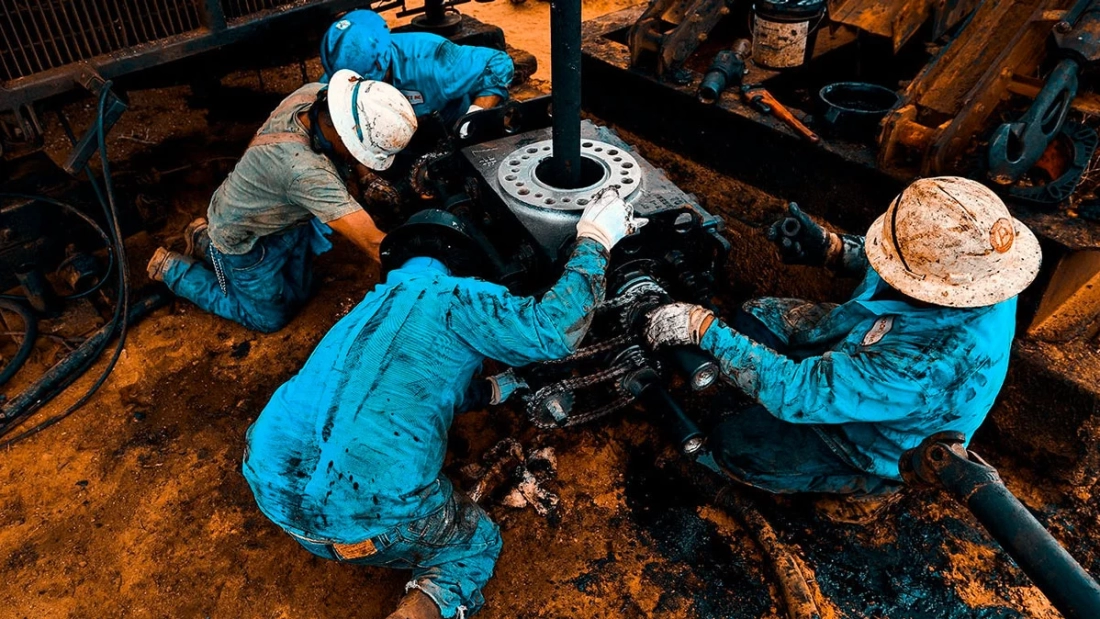Introduction
Petroleum products play a vital role in powering our modern world, from fueling vehicles to heating homes and powering industries. However, ensuring the quality and consistency of these products is essential to their safe and efficient use. This is where standards such as ISO 8217 come into play.
History and Development of ISO 8217
The origins of This standard can be traced back to the need for international consistency in fuel quality for marine vessels. Over the years, the standard has evolved in response to advancements in fuel technology and changes in environmental regulations.
Scope and Purpose of ISO 8217
ISO 8217 covers a wide range of requirements, including fuel specifications, test methods, and quality assurance measures. Its primary purpose is to ensure that marine fuels meet the necessary standards for safety, performance, and environmental protection.
Key Requirements of ISO 8217
The standard specifies various parameters such as sulfur content, viscosity, and stability to ensure the quality and compatibility of marine fuels. It also outlines test methods to accurately assess these parameters and quality assurance measures to maintain consistency.
Types of Petroleum Products Covered
8217 applies to both distillate fuels (e.g., marine gas oil) and residual fuels (e.g., heavy fuel oil). Each type of fuel has its own set of specifications and requirements to meet the diverse needs of marine vessels.
Compliance and Enforcement
Regulatory bodies and industry organizations play a crucial role in enforcing compliance with ISO 8217. They oversee the monitoring of fuel quality and take action against non-compliant products to protect the marine environment and ensure the safety of vessels.
Impact on the Industry
ISO 8217 has significant implications for stakeholders across the maritime industry. By establishing clear standards for fuel quality, it helps reduce operational risks, improve fuel efficiency, and minimize environmental pollution. However, compliance with the standard may also pose challenges for some stakeholders, particularly in regions with stricter regulations.
Future Outlook and Potential Revisions
As the maritime industry continues to evolve, ISO 8217 may undergo revisions to address emerging trends and challenges. This could include updates to fuel specifications, test methods, and quality assurance requirements to reflect changes in technology and regulatory requirements.
Conclusion
ISO 8217 plays a crucial role in ensuring the quality and safety of petroleum products used in marine applications. By setting clear standards and requirements, it helps safeguard the environment, protect vessel operators, and promote sustainable maritime operations.


Add a Comment